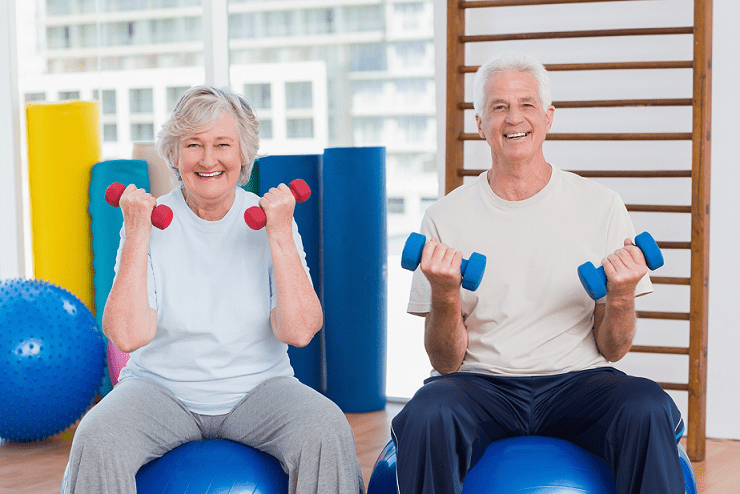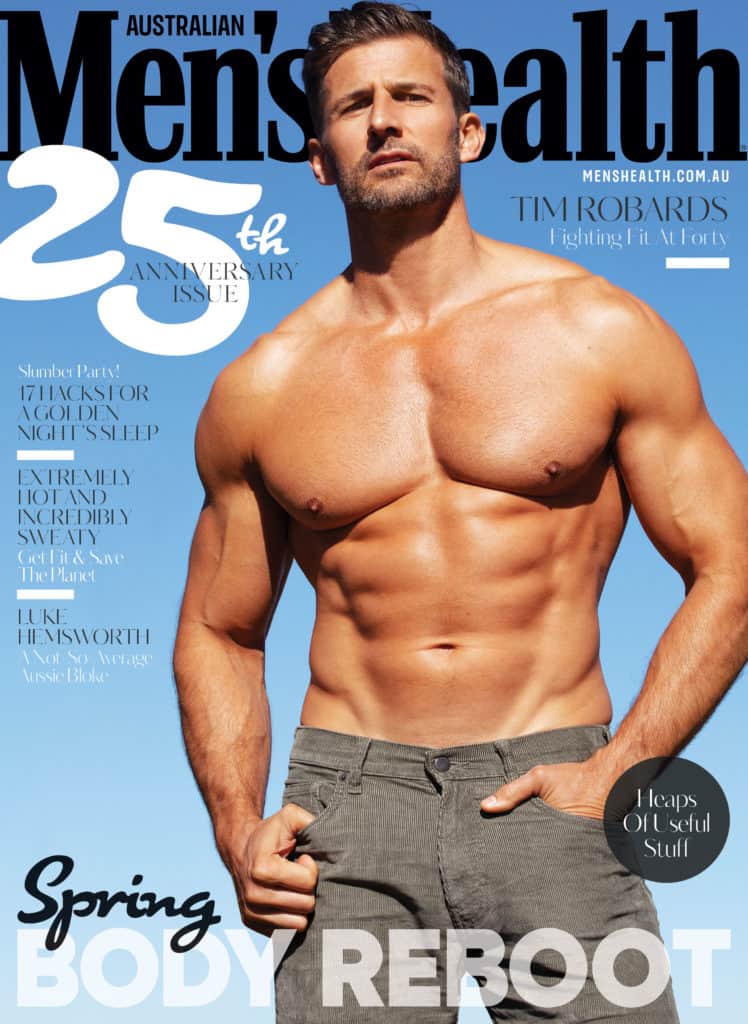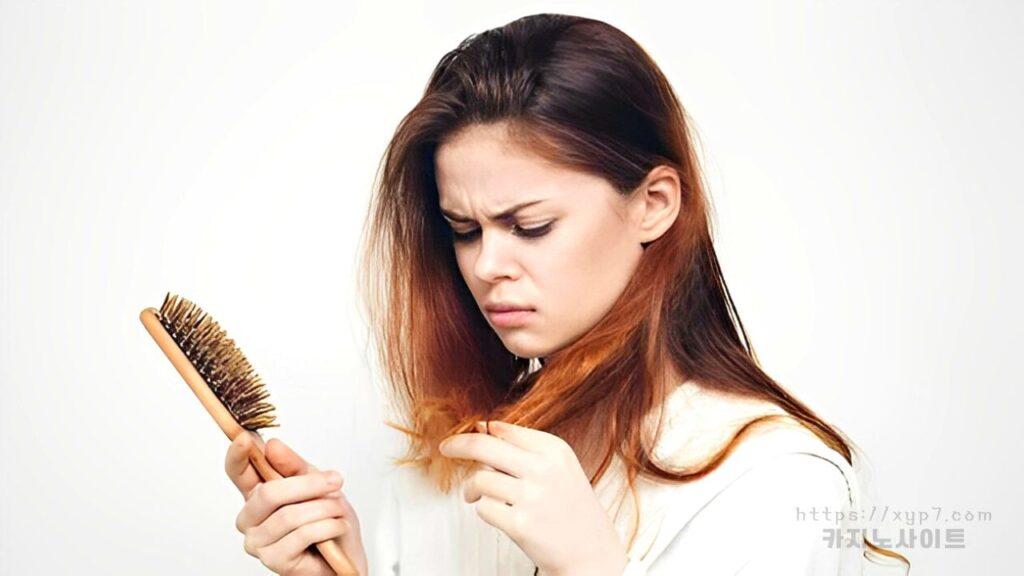Fitness for Older Adults: How to stay active and healthy as you age, including tips for strength training and cardio exercises.
Fitness for older adults is crucial in maintaining good health, preventing chronic diseases, and improving quality of life. In this article, we will explore some tips and strategies for staying active and healthy as you age, including strength training and cardio exercises.
As we age, our bodies undergo changes that make it increasingly important to maintain a healthy level of physical activity.

The Benefits of Fitness for Older Adults
Regular exercise has numerous benefits for older adults. It can help to prevent or manage a variety of health issues, including diabetes, high blood pressure, and heart disease.
Exercise can also help to maintain muscle mass and bone density, both of which can decrease with age. Furthermore, research has shown that exercise improves cognitive function and helps prevent cognitive decline.
Strength Training for Older Adults
Strength training is an important component of fitness for older adults. It can help to maintain muscle mass and improve balance, which can help to prevent falls. Strength training can also help to prevent the development of osteoporosis, a condition that causes bones to become brittle and weak.
Older adults should perform strength training exercises using light weights or resistance bands. It is important to start with light weights and gradually increase the weight as your strength improves. It is also important to perform each exercise correctly to avoid injury.
Some examples of strength training exercises for older adults include:
- Squats: Stand with your feet shoulder-width apart and hold a weight in each hand. Lower your body down as if you are sitting in a chair, keeping your back straight. Return to the standing position and repeat.
- Bicep curls: Hold a weight in each hand with your arms at your sides. Bend your elbows to bring the weights up to your shoulders, then lower them back down.
- Shoulder press: Hold a weight in each hand at shoulder height. Press the weights up over your head, then lower them back down.
Cardio Exercises for Older
Cardiovascular exercise is also important for older adults. It can help to improve heart health and can also improve cognitive function. Cardio exercises can include walking, jogging, swimming, or cycling.
When starting a cardio exercise program, it is important to start slowly and gradually increase the intensity and duration of the exercise. It is also important to choose an exercise that is appropriate for your fitness level and physical abilities.
Some examples of cardio exercises for older adults include:
- Walking: Walking is a low-impact exercise that can be done indoors or outdoors. Start by walking for 10-15 minutes at a time and gradually increase the duration of your walks.
- Swimming: Swimming is a great low-impact exercise that can be done at any age. It can help to improve cardiovascular health and can also help to improve muscle strength.
- Cycling: Cycling is another low-impact exercise that can be done indoors or outdoors. It can help to improve cardiovascular health and can also help to improve muscle strength.
Tips for Staying Active and Healthy as You Age
In addition to strength training and cardio exercises, there are a number of other strategies that can help older adults to stay active and healthy as they age. These include:
- Stretching: Stretching can help to improve flexibility and can also help to prevent injury. Stretching exercises should be performed before and after each workout.
- Drinking plenty of water: Staying hydrated is important for overall health and can help prevent muscle cramps and other issues.
- Eating a healthy diet: Eating a diet rich in fruits, vegetables, lean protein, and whole grains can help to provide the nutrients needed for good health.
- Getting enough sleep: Getting enough sleep is important for overall health and can also help to improve cognitive function.
Conclusion
fitness for older adults is crucial for maintaining good health and preventing chronic diseases. Strength training and cardio exercises are important components of fitness that can help to maintain muscle mass, improve balance, and prevent the development of osteoporosis.
Additionally, stretching, staying hydrated, eating a healthy diet, and getting enough sleep are all important strategies for staying active and healthy as you age. 온라인카지노
Incorporating these tips into your daily routine can improve your overall health and quality of life as you age. Remember to start slow and gradually increase the intensity and duration of your exercise program, and always consult with your healthcare provider before starting any new exercise program.

